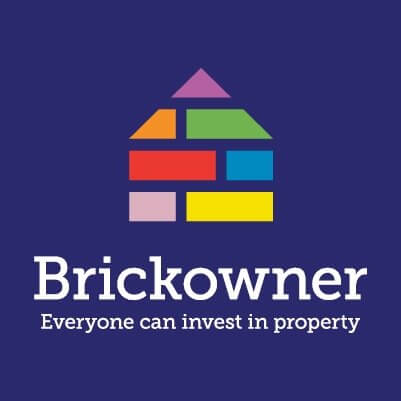Investing in property just like any other business is all about the customer. Keep the customer happy and all the real estate investment will be successful. A lot of homework needs to take place before, for the tenants to move in and be happy about with their rented property. It would not be a success if the landlord is satisfied with the real estate investment too.
Preparing your relationship with the tenants.
Finding the right property, in the right location, with the right kitchen and right bathrooms, the right value proposition to the tenant you have in mind.
A mismatch between the tenant and the property will result in problems.
Consider the added value, that certain tenants do appreciate and some that do not. Different tenant place different values to Garden with BBQ, Close Schools, Broadband, White goods, Good TV or a nice forest walks.
The job of a landlord is to provide fair value to the right tenants while managing their expectations as to what they should expect in return for the rents they pay.
Insurance cover for such things as fire and important damage cover the landlord for those unforeseen expense that could break the bank.
It is the responsibility of the landlord to know and make sure that all paperwork is in order such as Landlord licenses, Safety equipment, Bank records, registration of the mortgage.
Focusing on dealing with what could go wrong, is the mindset of the successful landlord
Investing in good fittings and furniture, is both good for you and the tenants, this would reduce the risk of disputes on damages, at the end of the tenancy.
Length of the tenancy is crucial. Renewable 6 month contracts are the most powerful tool to control the tenants. Long tenancies which end in winter months are more difficult to vacate.
Picking the right tenant
Will the type of tenants you want to work with, appreciate a Furnished or Unfurnished apartment?
Be picky on the right criteria, are you looking for stable tenants or short term ones? Unemployed or employed? With kids or without? With pets or without?
Set the details of the tenancy in the contract, verbal instructions have no value.Anything related to smokers, pets, paper work, damages and late payments should be details and signed in the tenancy contract. Landlords need to have clear clauses in the contracts which specify what happens when property is damaged. For example does damaging a sofa result in a small fee or charging the replacement value of the couch
Check the tenants references, their previous landlords are always a good source of information. Research your tenants, by legal means. If it is legal check their Facebook, employment history, there payslips, previously landlords and their rental history.
Experienced landlords are present during the tenant visits. Meeting your tenants face to face can help your intuition and gut feeling process these potential candidates.
There is a big difference between a a letting agent and a property manager. Property managers have a vested interest to find good tenants, as they would have to deal with problem tenants throughout the tenancy while letting agents just find a tenant and do not have to deal with the aftermath.
Think ahead, will the potential tenants afford your flat if the economy tanks, or if they lose their job or have or divorce?
The start of the tenancy
Respect the tenants, clean properties and good presentation. Little things such as a respectable set of cutlery and linen will make good first impressions.
At the start of the tenancy a through inventory of the property contents with pictures will make the end of the tenancy an easier process. Any missing items or damage can be quickly compared or highlighted.
Practical things such as testing of Test smoke alarms taking the reading of gas, water, electricity readings are simple things which if overseen can cause a lot of damage to the tenant landlord relationship.
During the tenancy
Dealing with any small maintenance issues early and efficiently, will show that the landlord is acting in good faith and not looking to save a buck at every opportunity.
Flexibility and communication with tenants will go a long way to resolve simple issues. That does not mean that the contract clause especially on the payments of rent can be broken without notice or repercussion. On the contrary, one needs to understand the situation and then decided and stipulate clear boundaries. It is best to establish these in the contract rather than verbally afterwards.
After the tenancy
At the close of the tenancy a smooth pre detailed checklist which includes, an inventory check, meter readings and hand over of the utility bills should be in the contract.
All income, expenses and accounts are recorded and filed correctly.
This is also a good time for refreshing the property and upgrading / servicing the white goods where needed.
Conclusion
The relationship between tenants and landlords is the key to the success of a good real estate investment. This relationship (like any relationship) is easy when all the hard work is done upfront, and very difficult when the landlord does not perform all of his homework beforehand.










